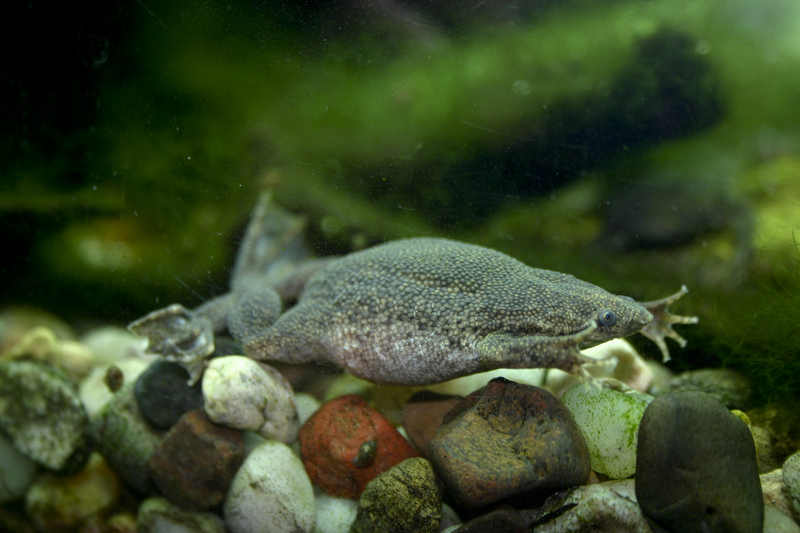|
Sabana Surinam toad, Pipa parva
| 제목: | Sabana Surinam toad, Pipa parva
| | 올린이: | Wiki Photos (---@---.---)
| |

| 해상도: 3072x2048
파일크기: 3568864 Bytes
등록시간: 2017:02:19 02:49:56
|
ERROR : Server Busy(-1105)
ERROR : Server Busy(-1105)
Sabana Surinam toad, Pipa parva
Pipa parva; Sabana Surinam Toad
Author: Brian Gratwicke https://www.flickr.com/photos/briangratwicke/
Source: https://www.flickr.com/photos/briangratwicke/2955945641/
The Sabana Surinam toad, Pipa parva, is a species of frog in the Pipidae family found in Colombia and Venezuela. Its natural habitats are dry savanna, moist savanna, subtropical or tropical dry lowland grassland, subtropical or tropical seasonally wet or flooded lowland grassland, swamps, freshwater lakes, intermittent freshwater lakes, freshwater marshes, intermittent freshwater marshes, pastureland, water storage areas, ponds, aquaculture ponds, and canals and ditches. Order: Anura, Family: Pipidae, Genus: Pipa, Species: Pipa parva Ruthven & Gaige, 1923. |
^o^
동물그림창고 똑똑전화 누리집
^o^
|
|